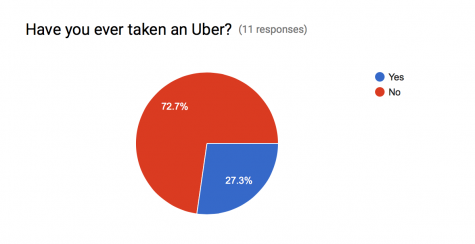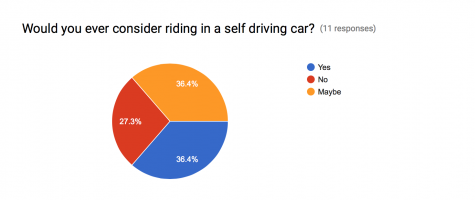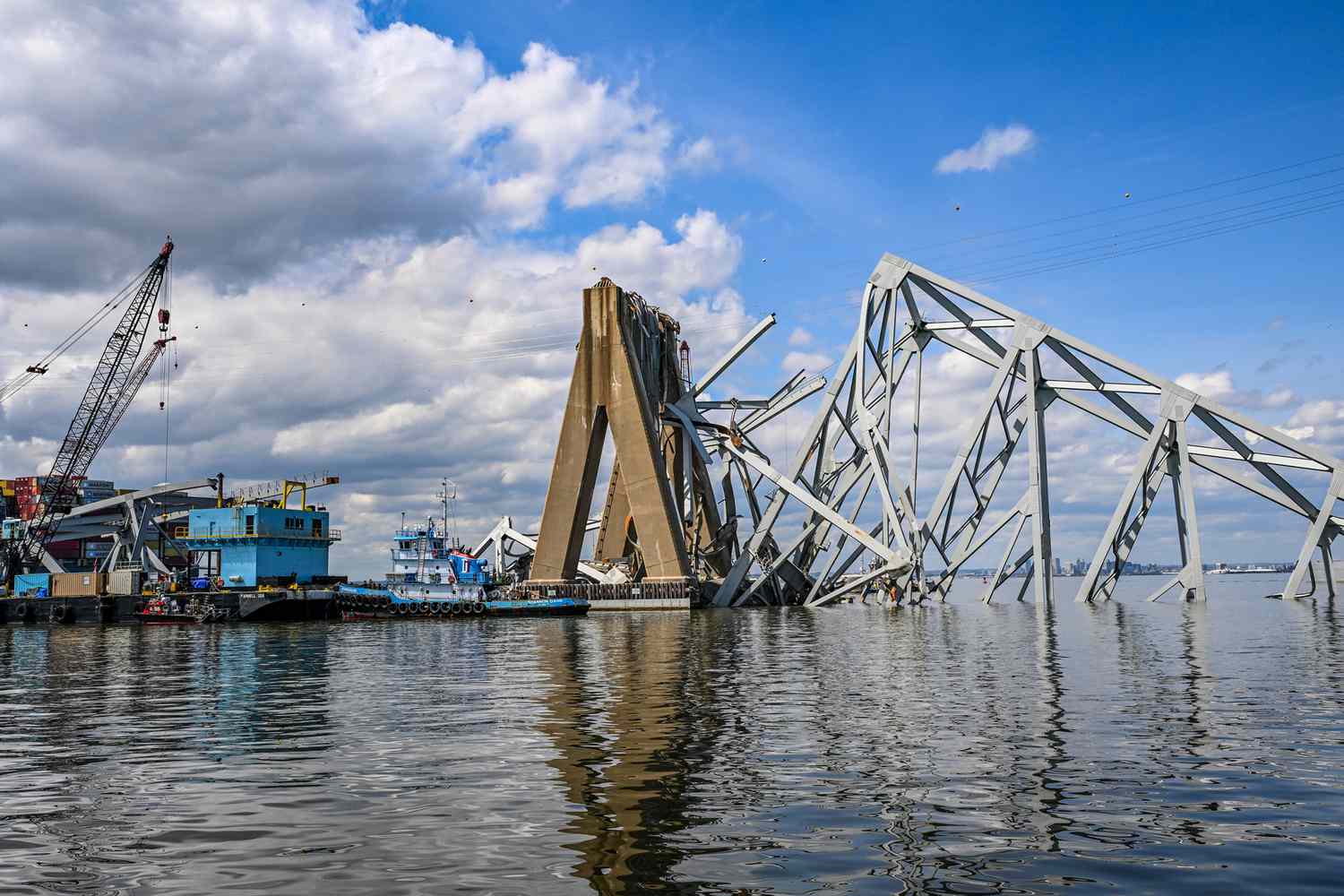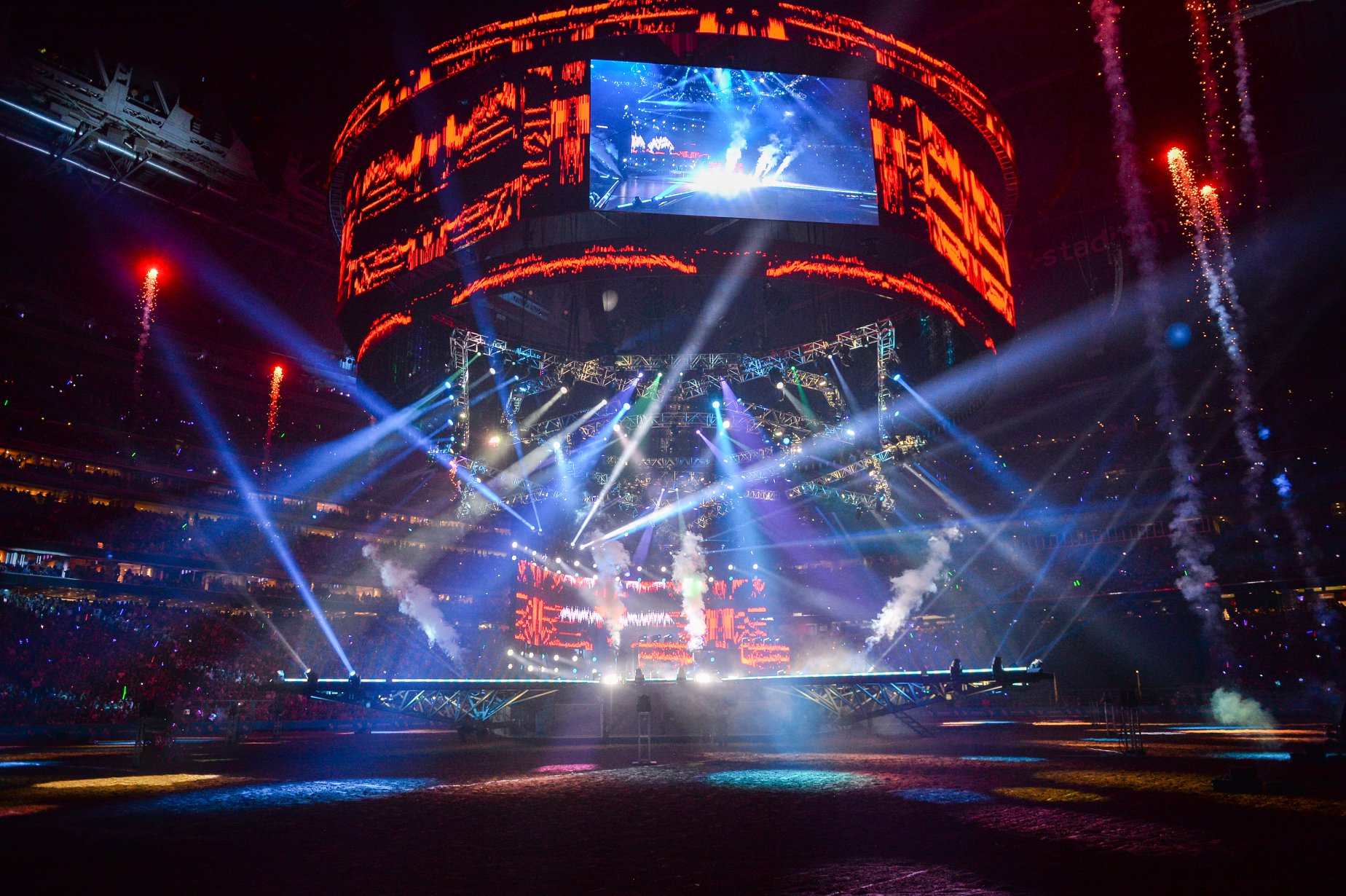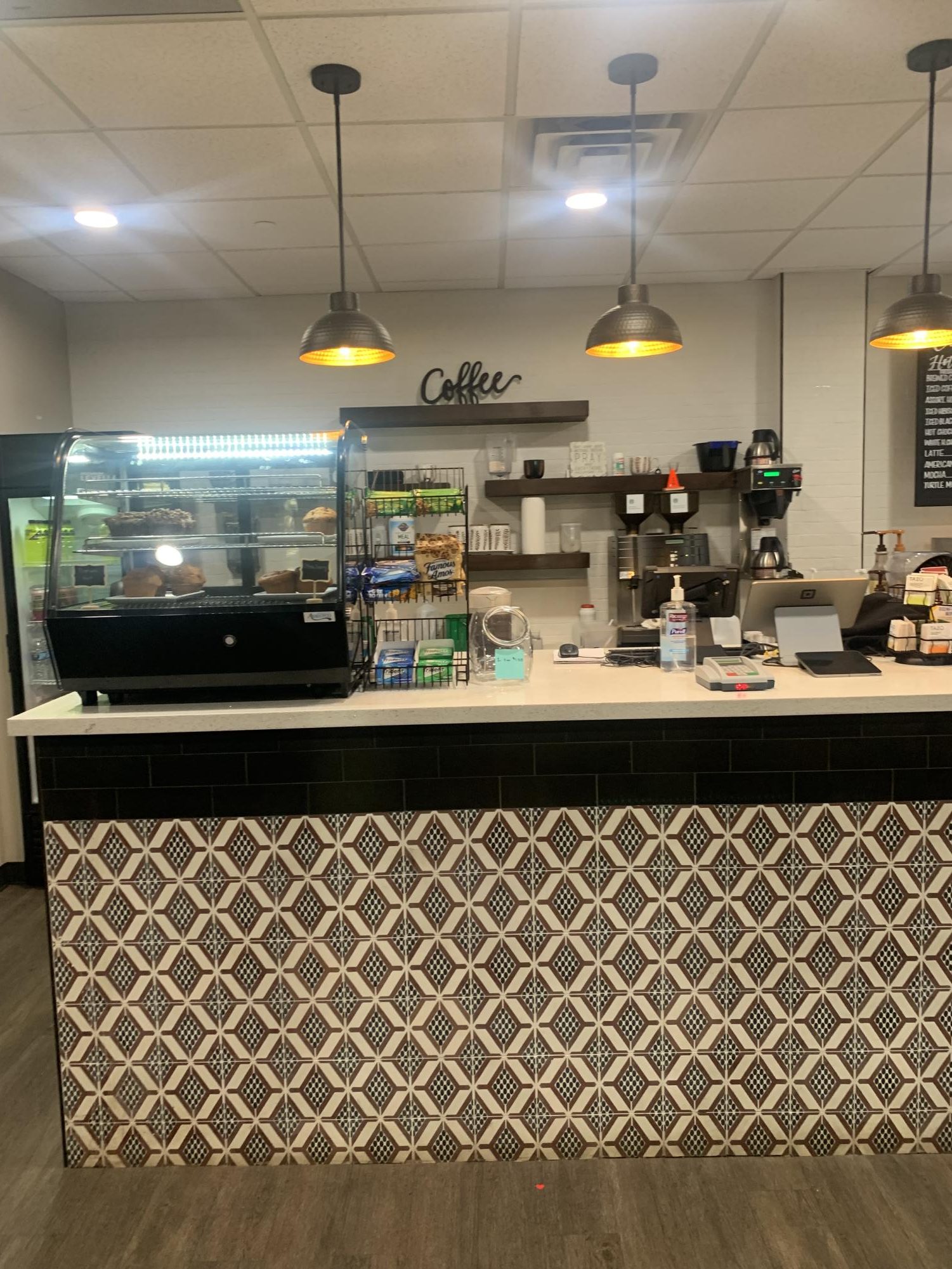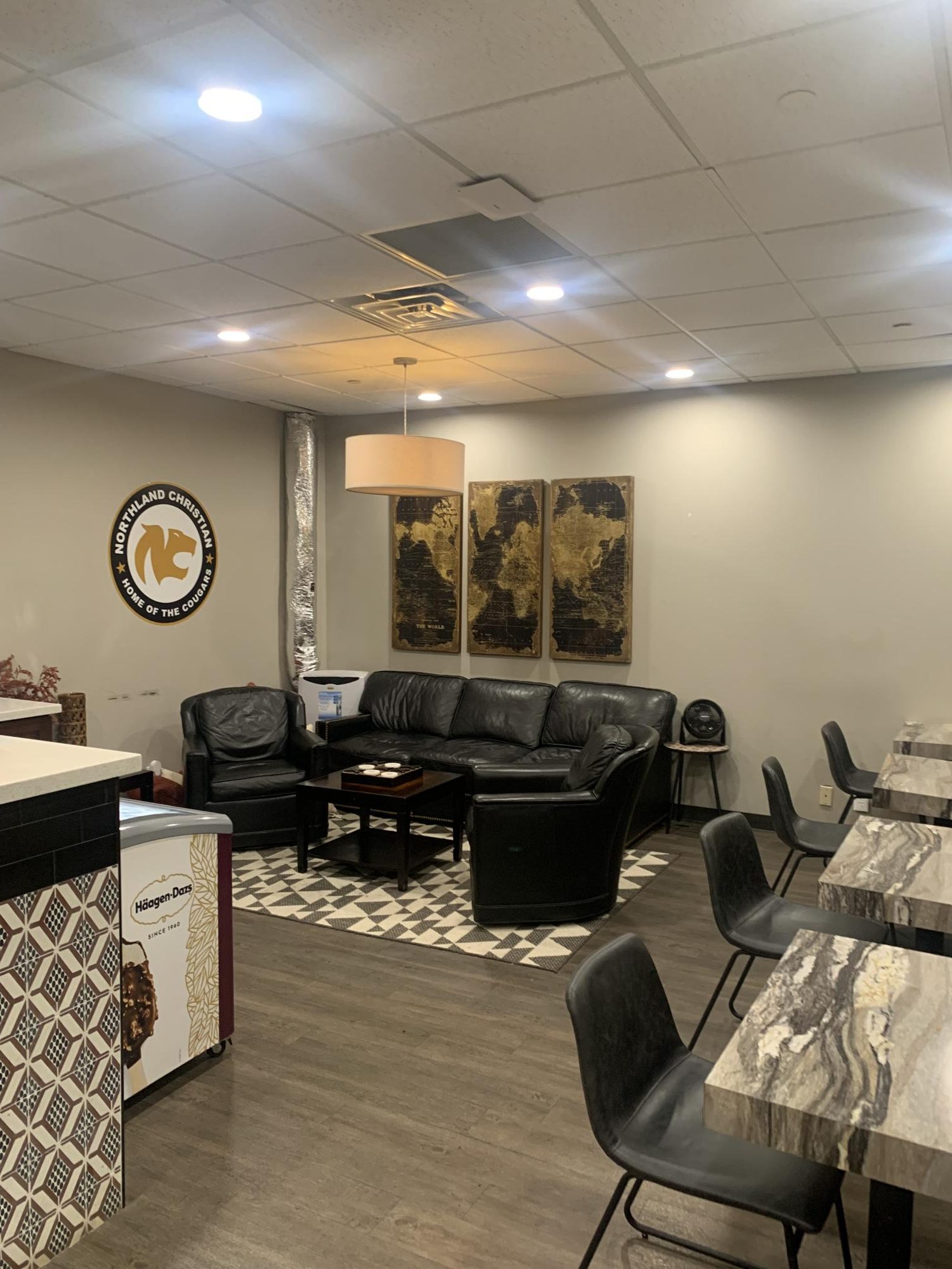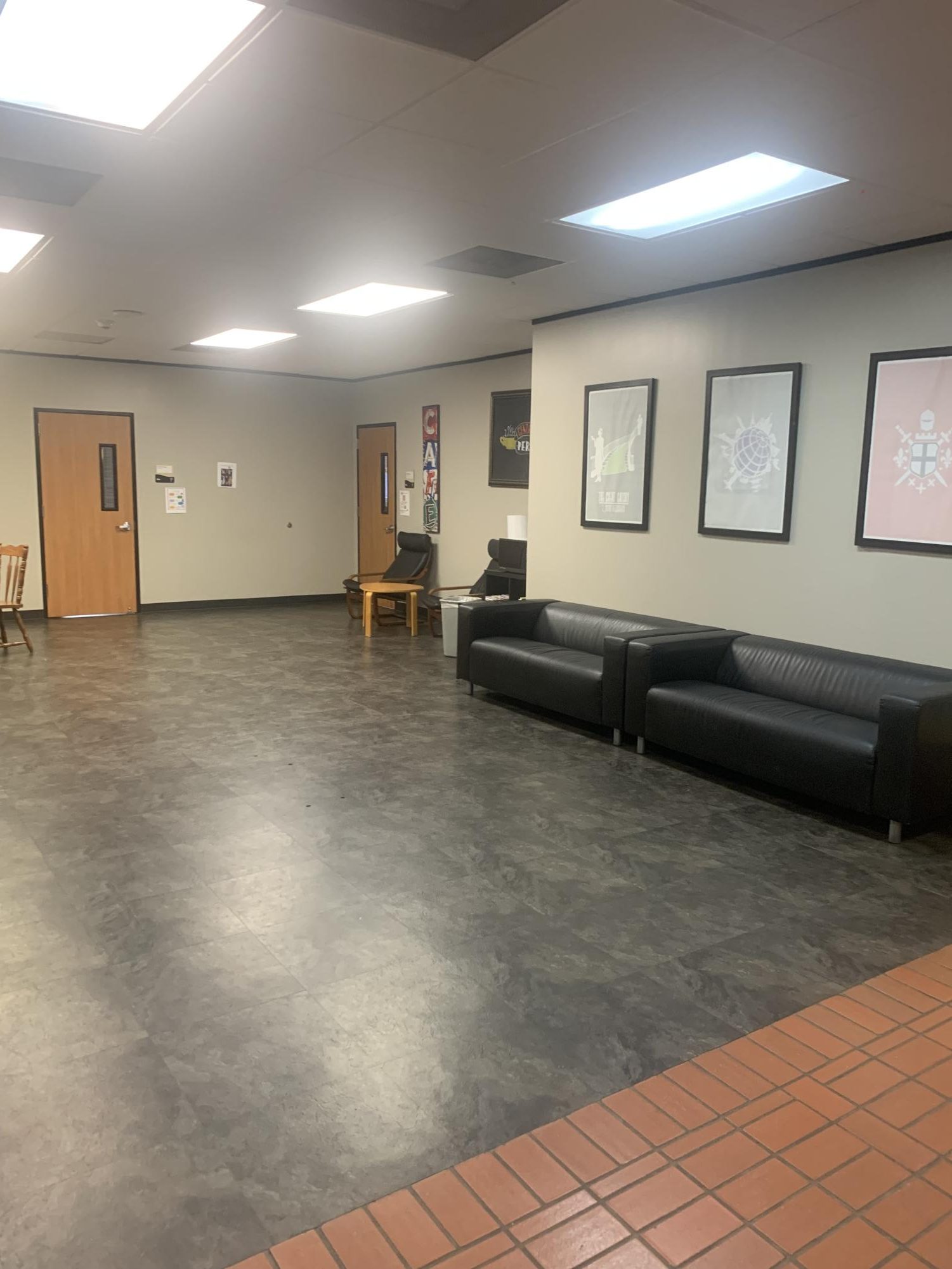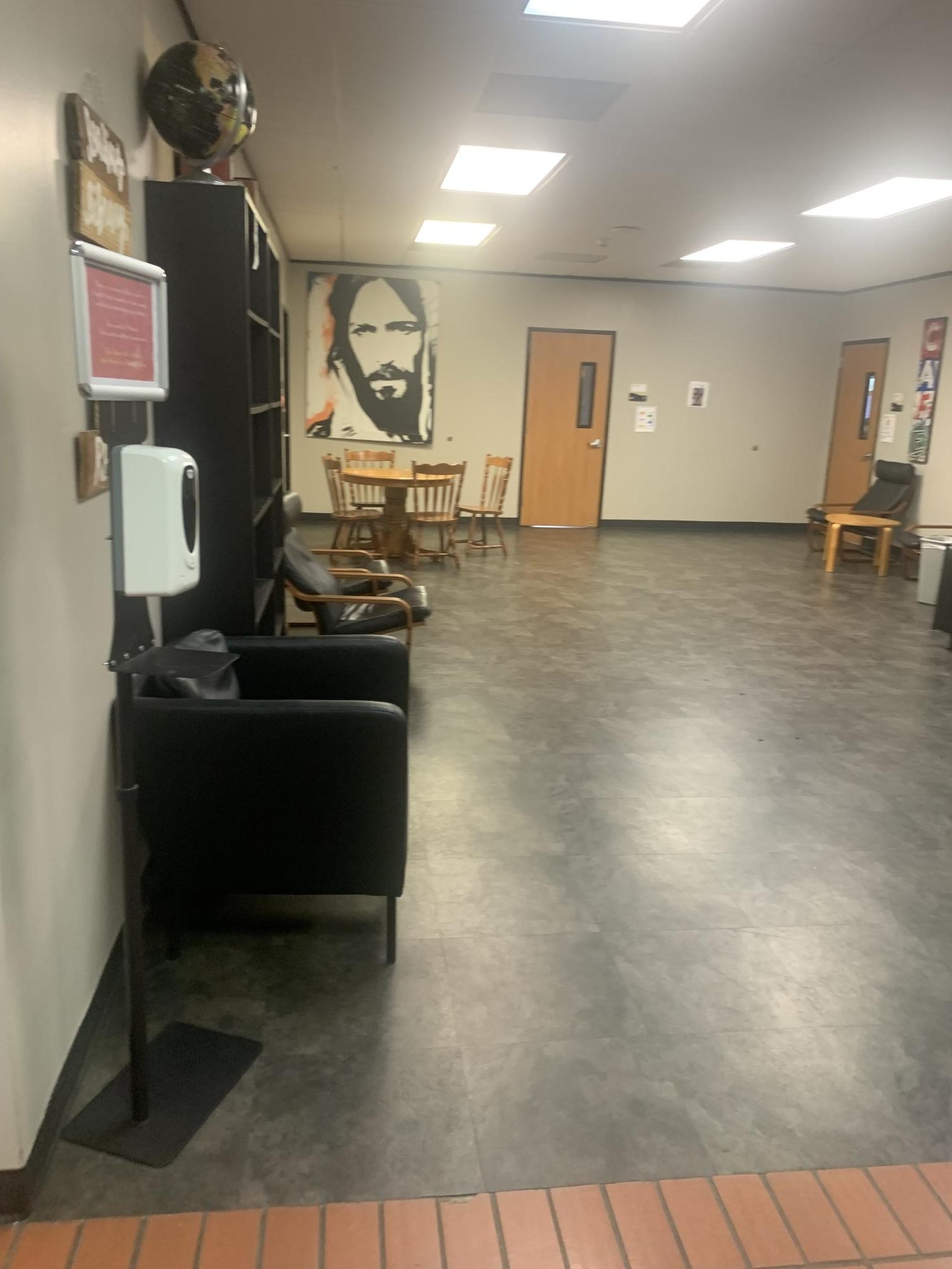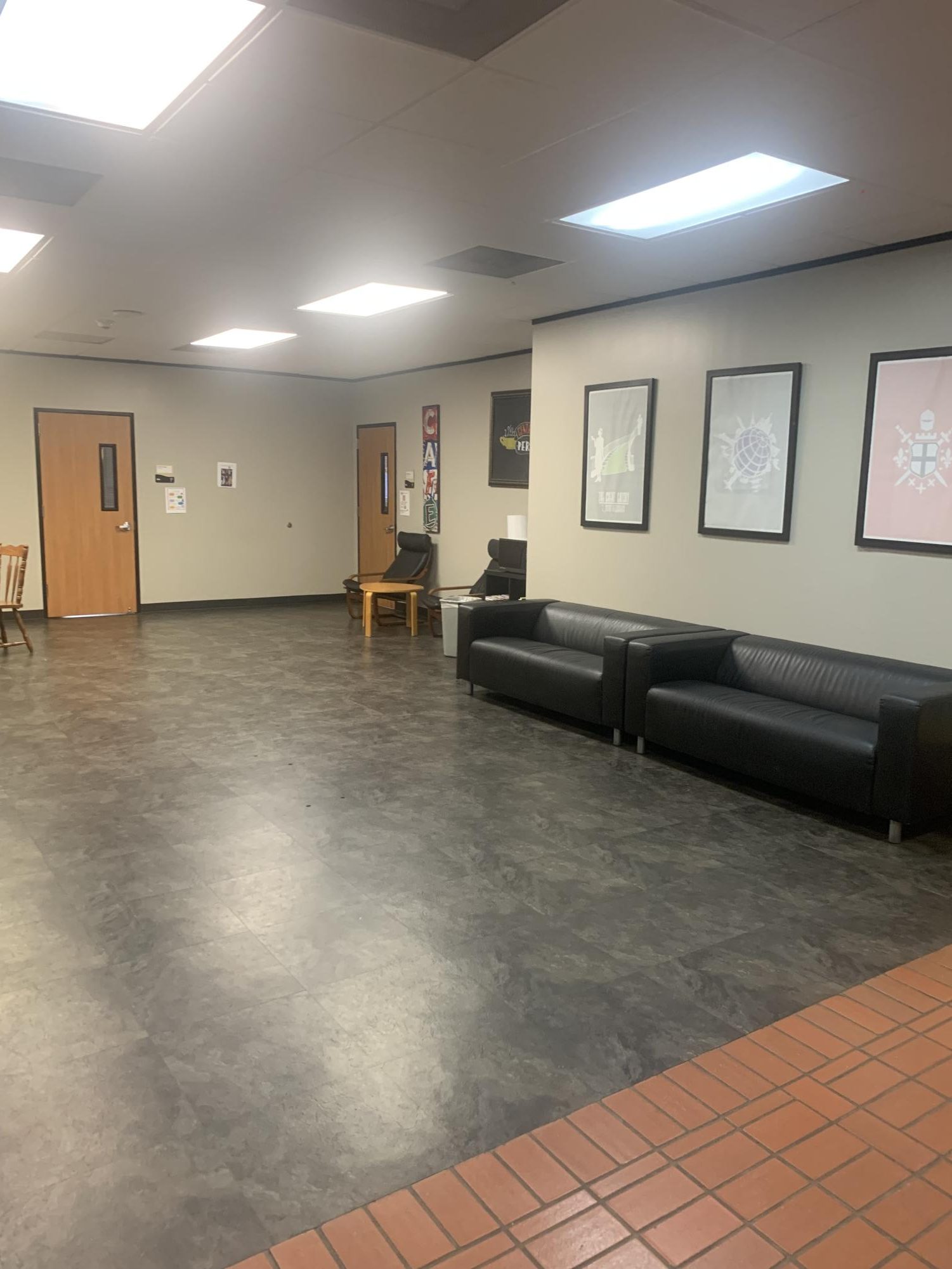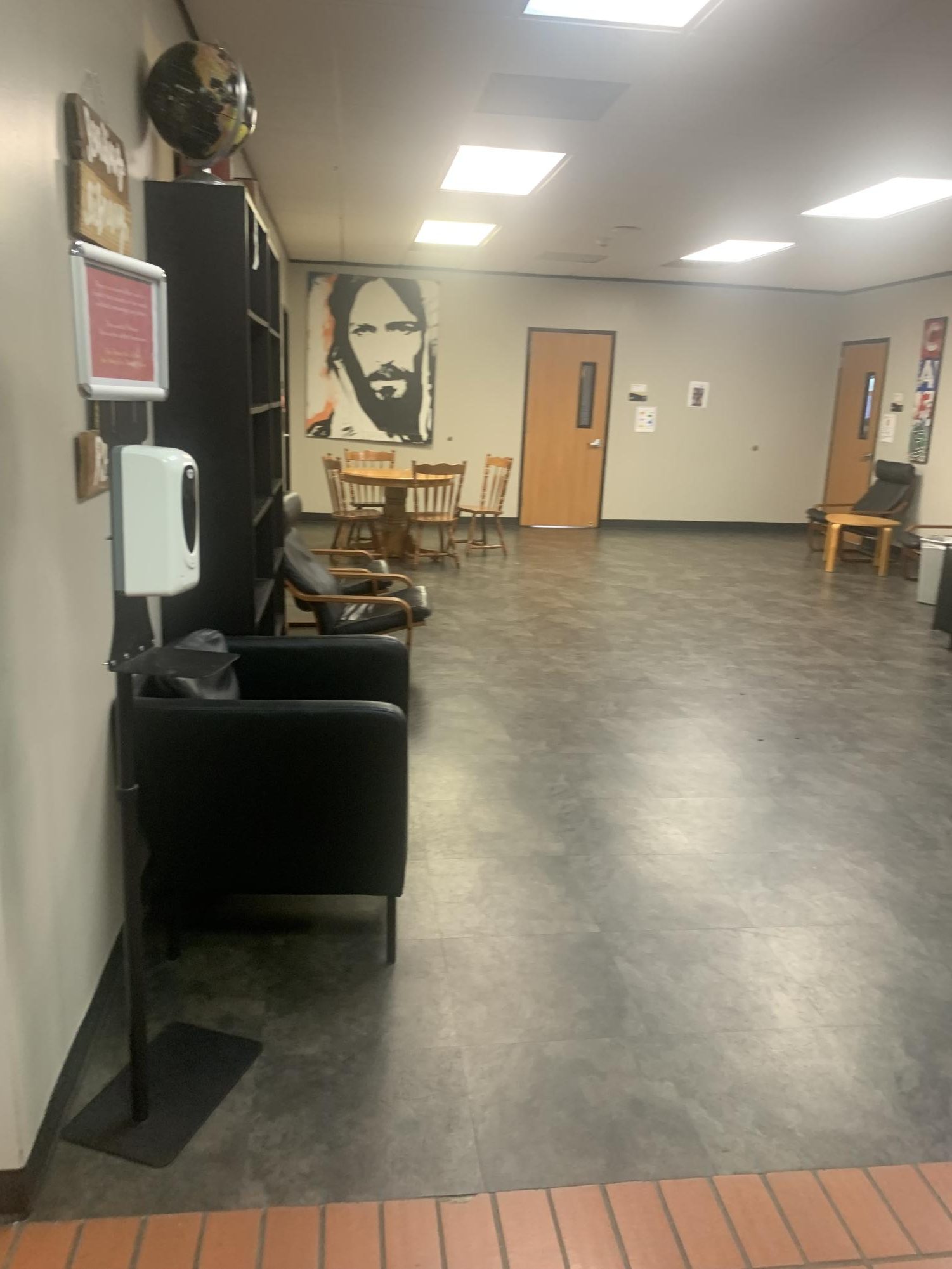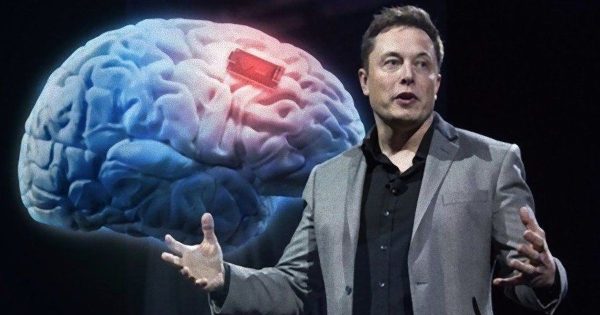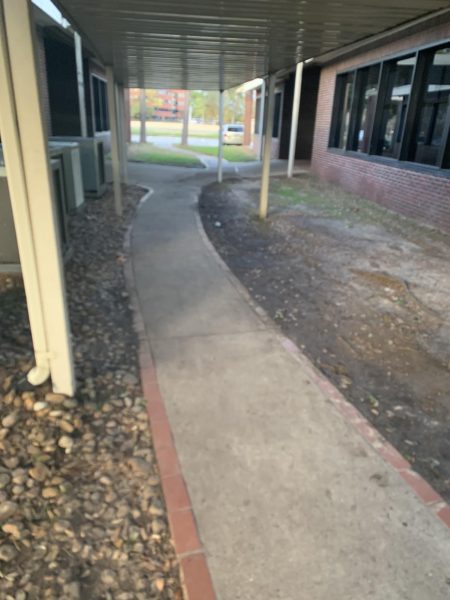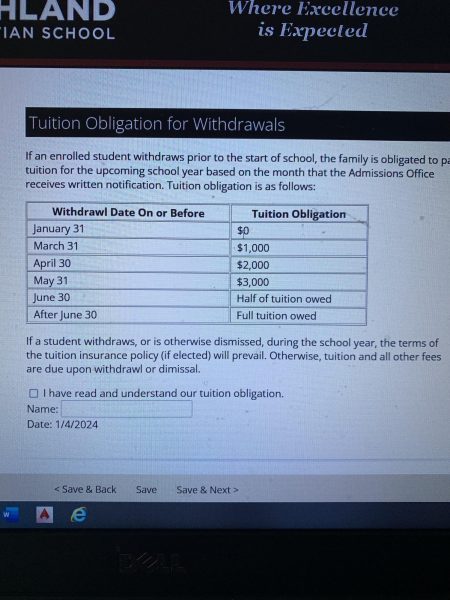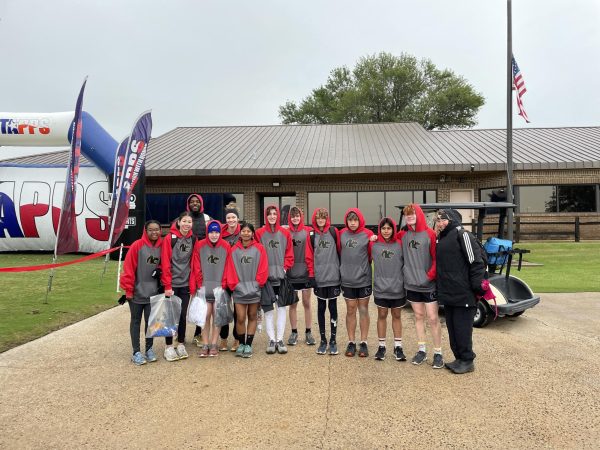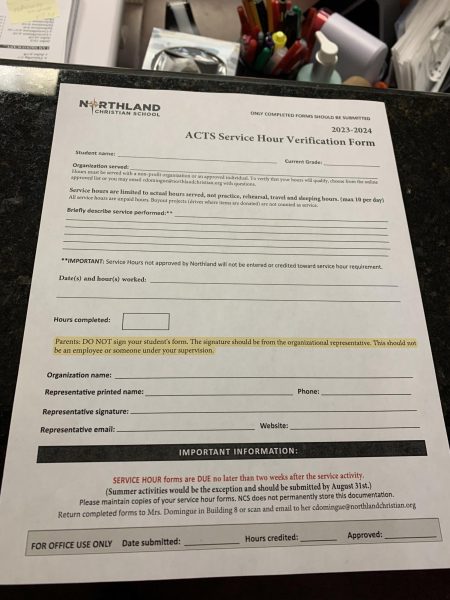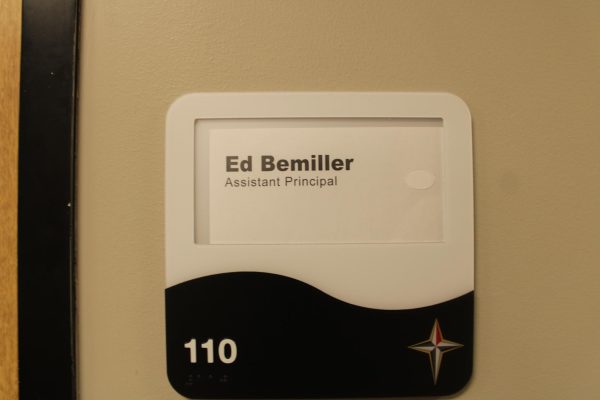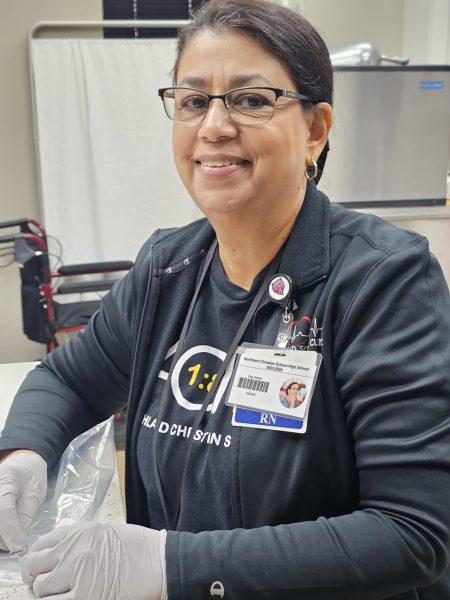Cruise Control On a Whole New Level
February 8, 2017
Movies such as a Back to the Future and TV shows like Phil From The Future both attempted to predict what the future of technology would look like in America. The modern and sleek portrayals of neighborhoods, the roads, and basic everyday items set the standards high for Silicon Valley. Although we have Siri capabilities and apps that turn off our bedroom lights, the most profound development in technology has come from Google and Tesla: self-driving cars. Google first set the stage for autonomous vehicles by sending their cars to roam around their headquarters and in several major cities, but Tesla took it even further. Tesla drivers can now easily sit back, relax, and enjoy the ride all by the switch of a button. The car does require the driver to touch the steering wheel after certain periods of time, which lessens the effect of having an entirely self-driving car. Nonetheless, Tesla took a major step forward in the auto industry and has sparked other companies to follow in their footsteps.
Uber, a corporation which has left many taxi drivers hanging, found a new way to take away jobs. The company aims to make more money by slowly transforming the current fleet of Uber drivers into self-driving cars that would transport people across highways. Austin has previously banned Lyft and Uber for reasons other than this issue, but they are not the only major city considering this. In fact, Pittsburgh has come to the conclusion that its relationship with Uber is “toxic” and “one-way.” City officials claim that the company has stormed the city and has left little in return; lanes specifically for self-driving cars have been constructed and multiple tests completed to ensure the success of the Uber industry in Pittsburgh but it’s difficult to measure its success. In general, people are nervous to ride in autonomous cars on busy roads, and why shouldn’t they be? Ground-breaking changes such as this will inevitably be hard to adapt to.
A poll by AAA discovered that 75% of Americans are skeptical/afraid of putting their life in a robot’s control. Furthermore, the graph below is derived from Vox News and presents a pretty representative idea of how other factors contribute to the lack of confidence in this technology.
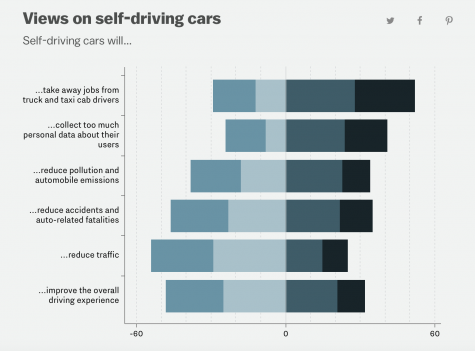
It’s clear that the survey results yield answers that conclude Americans are somewhat tied on the issue. Thus, I decided to poll Northland students to get their opinion on the matter. When asked about their personal thoughts on a future dependent on robotic cars, some respondents felt that it would be “kind of weird putting my life inside of a car that I cannot control,” while others believed “self driving cars would eliminate traffic and completely change the way we move around.” The uncertainty pertaining this topic is evident, which is why conversations like this are imperative to uncover the truth about new innovations sue to change the way we live. More results from my survey are below:
